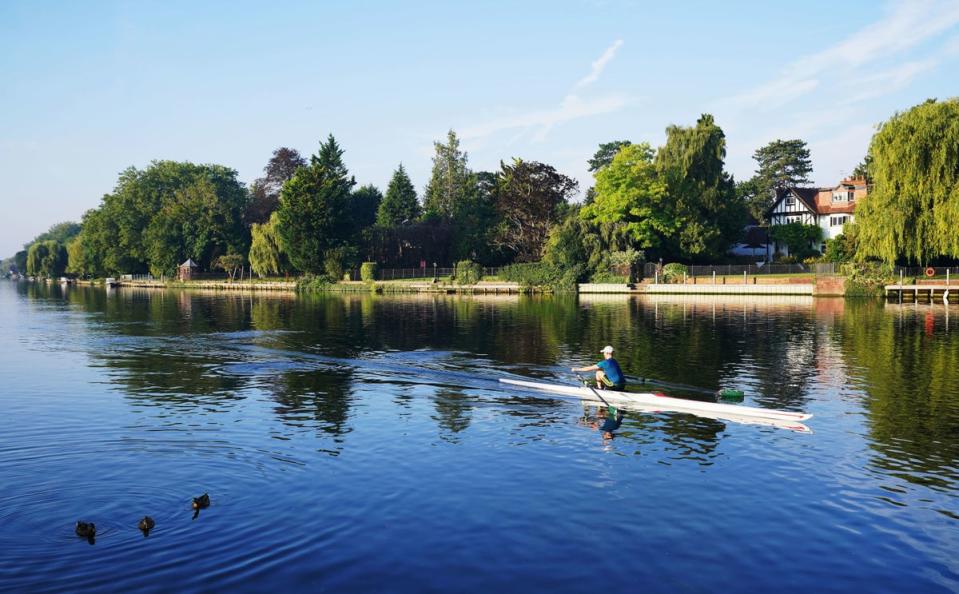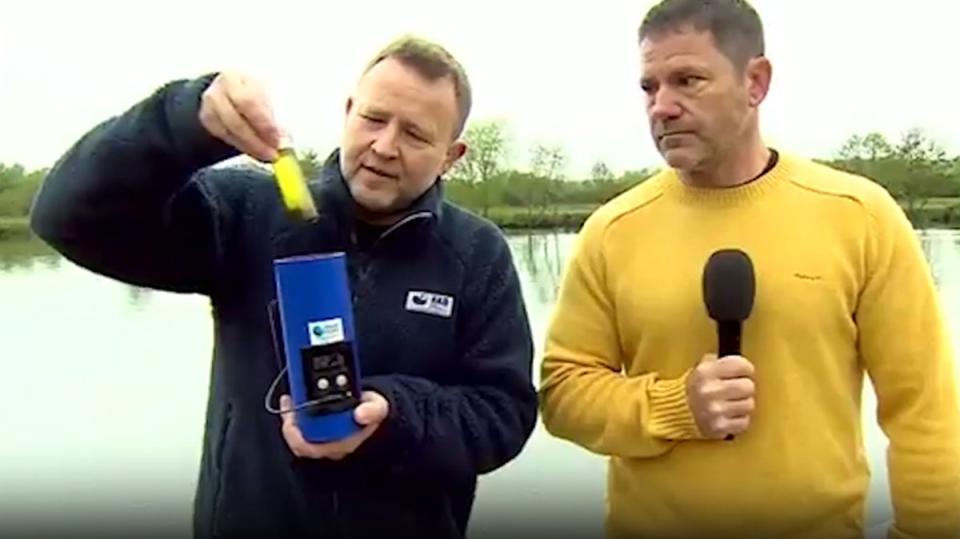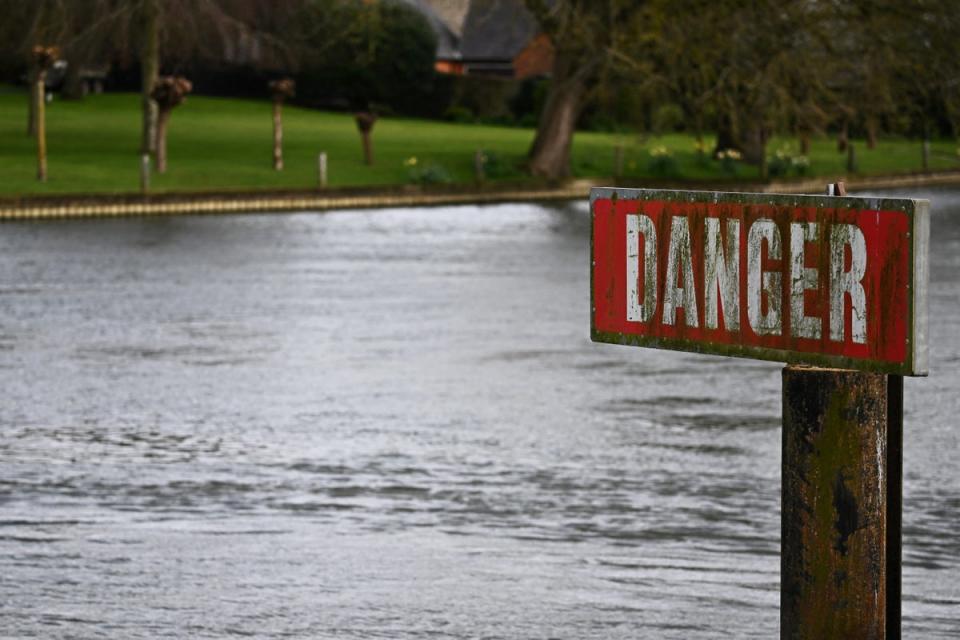Thames swimming race dating back to 19th century cancelled over sewage
An annual swimming race has been cancelled over fears of rising sewage discharges in the River Thames.
Organisers of the Boulter’s to Bray Swim in Maidenhead were forced to cancel this year’s community event after concerns about the water cleanliness were raised.
The race marks a community tradition dating back to the 19th century which sees participants swim 5km, 2.8km or 1.4km of a stretch of the River Thames in July.
The event is also around 35 miles upstream from the location of the Boat Race, which this year saw rowers complain about the sewage in the water.
“There has been an increasing amount of concern, locally and in the media, about the cleanliness of our rivers and the safety of river users,” organisers said in a statement.

“We continually review and update our risk register to satisfy ourselves that we are monitoring the inherent risks of open water swimming. Unfortunately, this year we are unable to find any satisfactory way that we can do this so we have made the tough decision to cancel the 2024 swim.”
The trust added that entries would be refunded or rolled over until next year when they hope there will be “tighter controls on what is discharged into rivers” and “clear guidelines for recreational users” to enjoy them.
Trustee Keith Dixon told The Independent that he has swam in the Thames for many years but now feels it is unsafe due to the amount of sewage discharge.

After speaking with the local community about cleanliness concerns, the organisation looked at records that showed sewage had been discharged for 10 hours straight after heavy rain on Sunday night.
Given there will likely be further heavy rain prompting these sewage discharges, organisers felt obligated to cancel the event for the safety of the participants.
“We had to consider this really seriously for the first time and look at all information available to us to decide whether we can advise people if its as safe as it normally is,” Mr Dixon said. “Our decision is it is disproportionally worse than it has been in the past 12 years.”
He added: “It’s really sad. There is a lot of history around Boulter’s Lock - it used to be a place where Londoners would come out and enjoy the river but that doesn’t seem possible anymore.”

River pollution campaigners, River Action, said the cancellation of the event was part of the “shocking reality”that it is now not safe to swim in rivers like the Thames now due to sewage discharges.
“The shocking reality is that it is simply not safe to swim in rivers like the Thames due to the huge levels of recent raw sewage discharges,” founder and chairman of River Action Charles Watson told The Independent.
“Regular E.coli testing which River Action, and other citizen scientists, has carried in recent weeks show the pathogen levels at a multiple of what would be considered safe for bathing.
We have also been approached now by dozens of river users who have become seriously ill after coming into contact with the river.
“It is also scandalous that there has been no public health advice on this issue from any government body – and it’s up to charitable organisations like River Action to test the river and keep the public safe.”
A Thames Water spokesperson said: “We appreciate how much waterways are loved and enjoyed by everyone, and we are committed to minimising our impact on the environment. Sewage discharges are unacceptable to us and our customers, and we’re working hard to stop them, in the face of the wettest weather in a decade.
“In reality, farming, industry, livestock and more extreme weather also play a role in river health, which is why we recommend reading the Government’s advice on open water swimming.
“We were the first company to publish an online map providing close to real-time information about storm discharges from all our permitted locations, putting transparency at the heart of what we do.”


